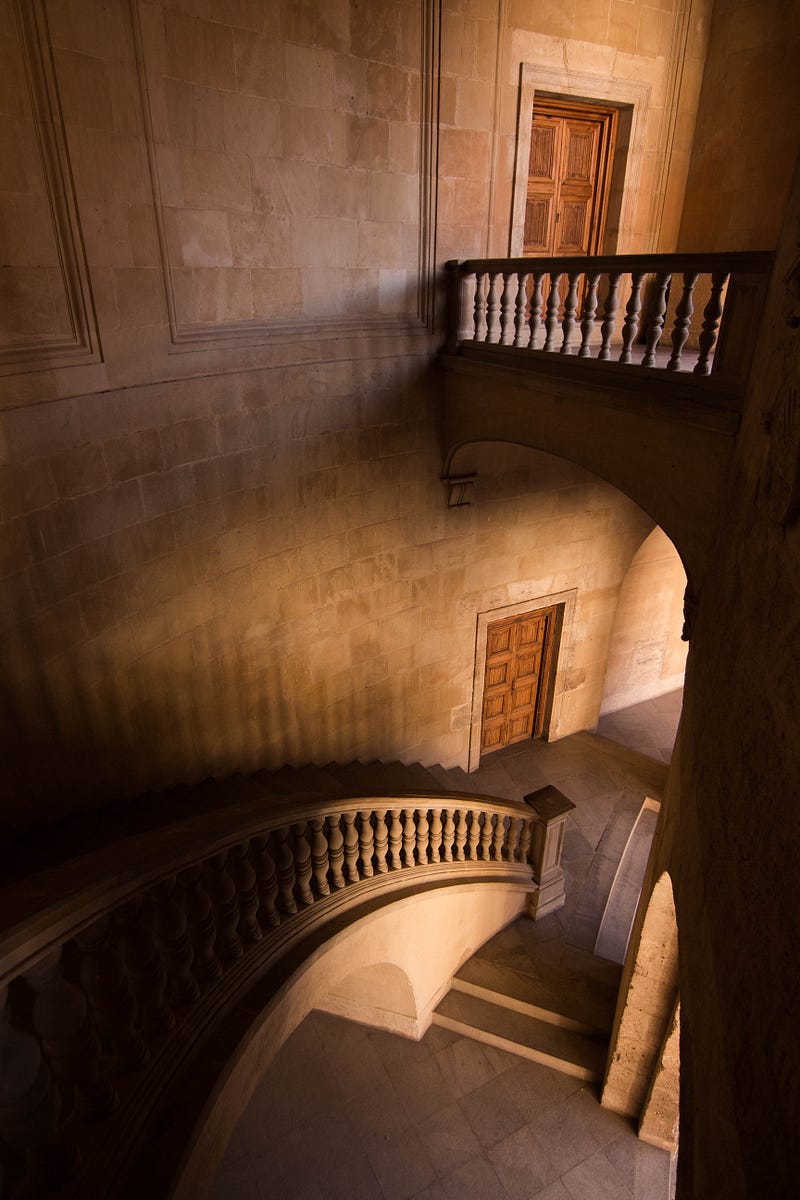Bridging the Divide: Understanding Science and Religion
Written on
Chapter 1: The Origin of the Conflict
The enduring discord between science and religion did not originate from either field alone but from the individuals who advocate for them. Scientists and religious figures have often been adamant in their beliefs, leading to one of humanity's most persistent debates. Each side tends to undermine and ridicule the other, reinforcing their own viewpoints in the process.
This ongoing tension resembles a split personality, where each side clings to its own interpretation of reality, dismissing the other's perspective as mere fiction. This analogy captures the essence of the conflict. Science and religion stem from varying cognitive approaches that exist within all of us, representing distinct facets of our minds.

Reality encompasses a multitude of elements and operates on diverse levels, making our ability to perceive and engage with these levels a natural evolution.
Section 1.1: The Nature of Science
Science is fundamentally about uncovering truths. It emerged from our cognitive inclination towards cause and effect, focusing on empirical evidence and quantitative analysis. This discipline continually probes the physical realm, measuring, analyzing, and examining every detail.
Brené Brown articulated a key tenet of this mindset when she stated, “if you can’t measure it, it doesn’t exist.” In scientific terms, if something cannot be quantified or represented as a fact, it is deemed unreal, which holds true from a strictly material perspective. Science relentlessly seeks to identify the original cause of everything we comprehend.
Section 1.2: The Essence of Personal Religion
Before delving into religion's contrasting nature, it's crucial to clarify that I am discussing personal religion, distinct from organized or institutionalized faith. Over time, organized religions have become rigid and bureaucratic, often losing their original essence.
In contrast, personal religion is about experiencing divine presence within the consciousness of a morally evolving being. It emphasizes values such as love, patience, goodness, hope, and faith, striving to understand and embody these ideals. Our comprehension of these values evolves, and what is deemed 'good' can vary significantly across generations.

Science and religion are integral to the human experience, despite efforts to diminish the significance of one over the other. Denying either aspect can lead to imbalance. Just as a healthy diet requires both food and water, emotional well-being relies on both giving and receiving.
The great artists, athletes, and educators exemplify the ability to integrate diverse approaches for optimal outcomes, recognizing the essential components of their crafts.
Chapter 2: The Interplay of Science and Religion
In the video "Why the Supposed Conflict Between Science and Religion is Tragic Nonsense," the discussion revolves around the misconceptions that fuel this ongoing debate, highlighting the potential for harmony between these two realms.
The second video, "Science and Religion: New Perspectives on an Old Conflict," offers insights into how both areas can coexist and enrich our understanding of the universe.
Section 2.1: Understanding the Debate
The crux of the debate often lies in determining which discipline holds greater significance—science or religion. Each side attempts to define the terms of the discussion, with science demanding quantifiable explanations from religion while religion seeks qualitative validation from science.
This standoff, where each side insists on interpreting the other through its own lens, complicates the quest for resolution. The question of supremacy between science and religion may remain unanswered, as they are inherently intertwined, much like the yin and yang.
Section 2.2: A Path Forward
The key to resolving this divide may lie in the individuals who represent these fields. Both love and patience, though not easily measurable, hold deep significance for scientists.
A young astronomer might feel a profound sense of belonging when gazing at the stars with a loved one, while those in spiritual practices often find solace in simple moments of reflection.
Although the institutions of science and religion may appear at odds, their relevance to the individuals involved cannot be overlooked. If centuries of conflict have not led to reconciliation, perhaps the solution begins within ourselves.
By recognizing the unique contributions of both science and religion to our understanding of reality, we may cultivate a narrative that bridges the divide, enriching our personal experiences and perspectives over time.